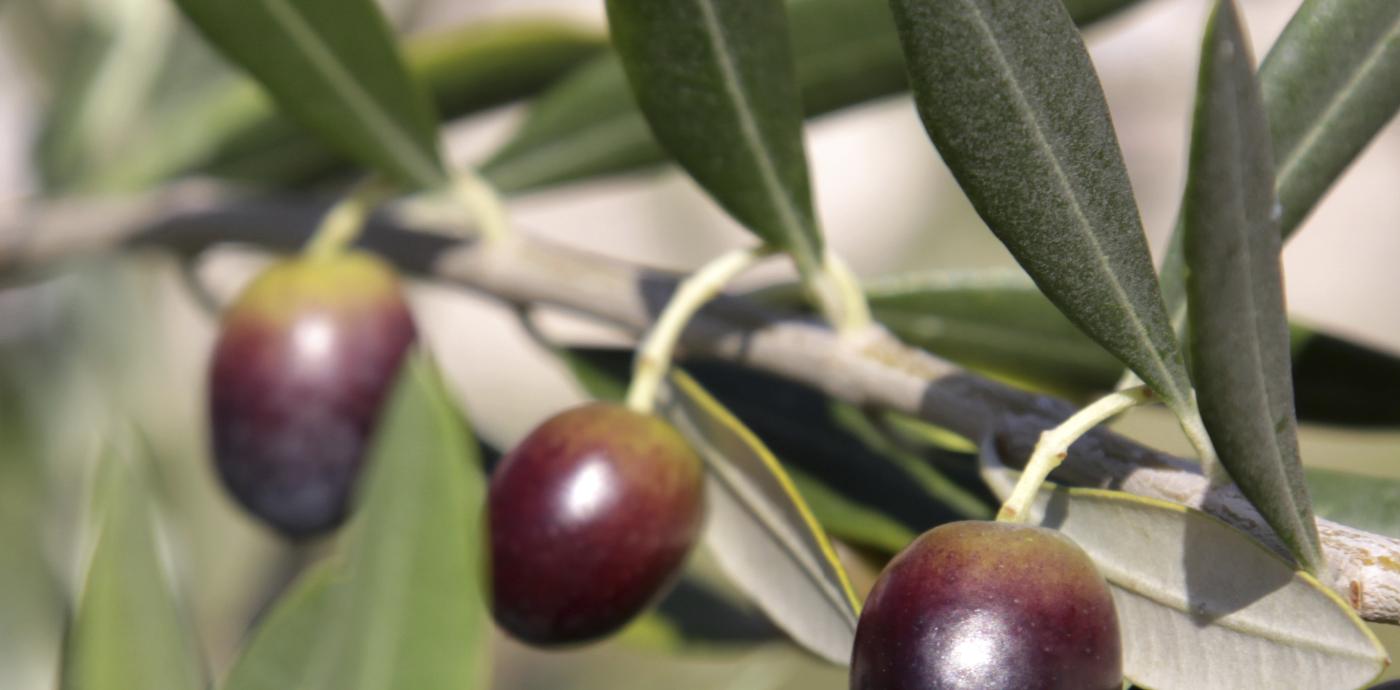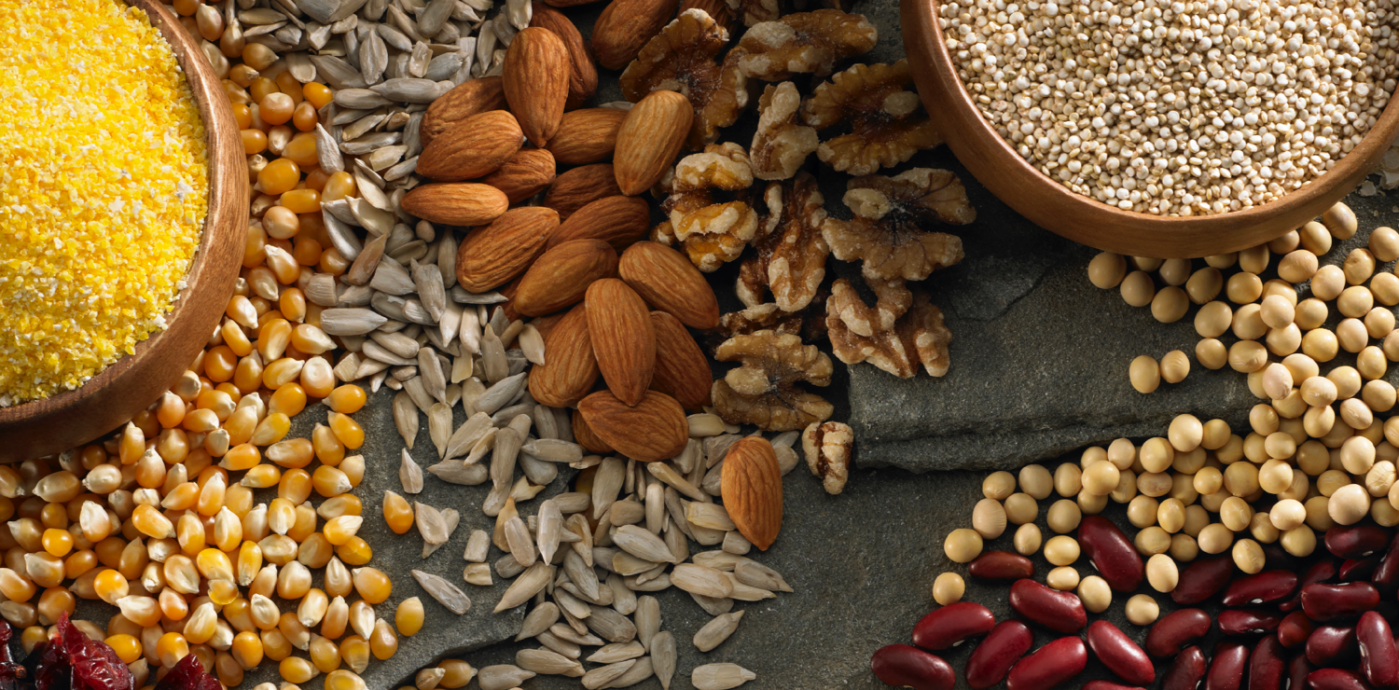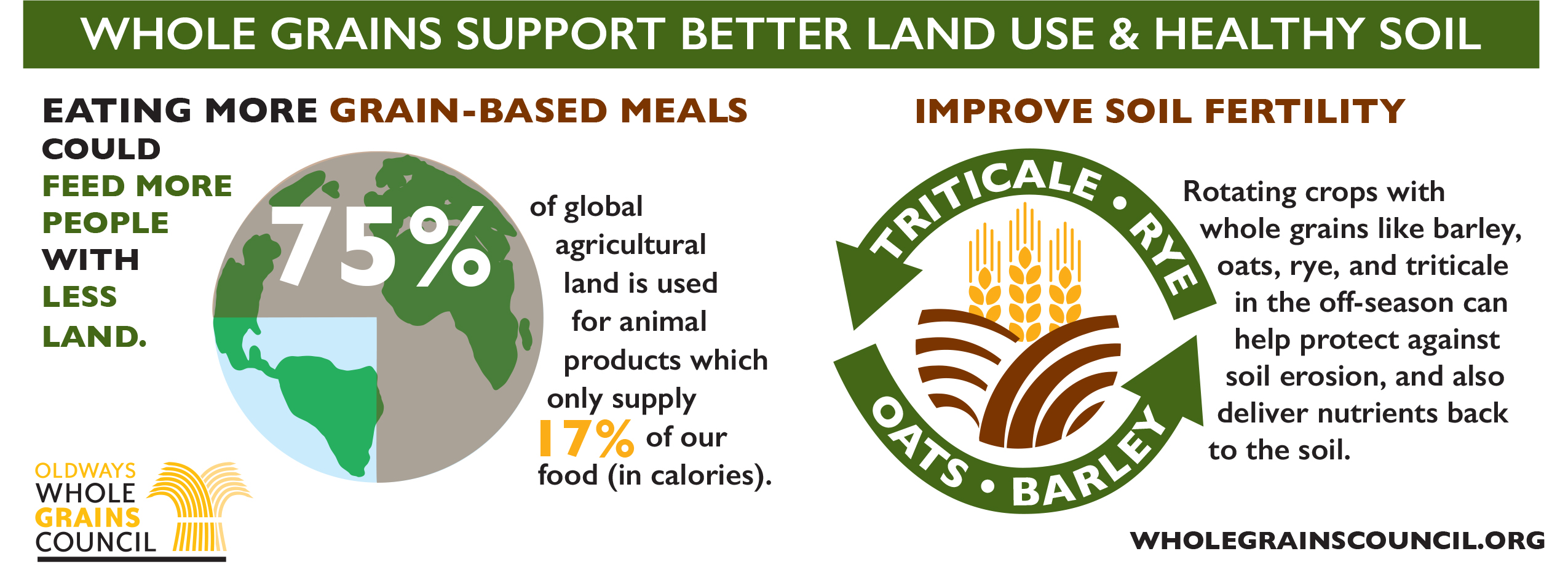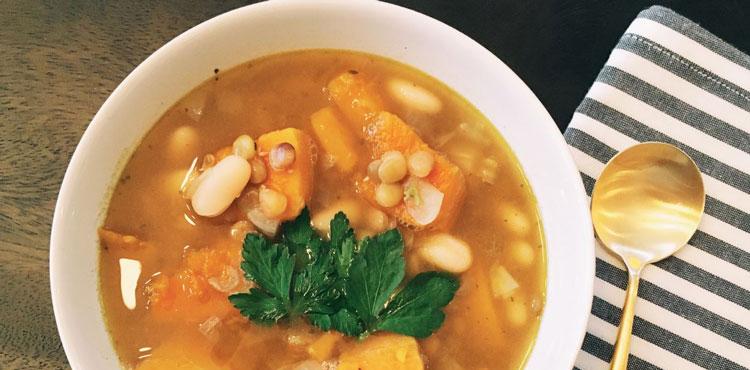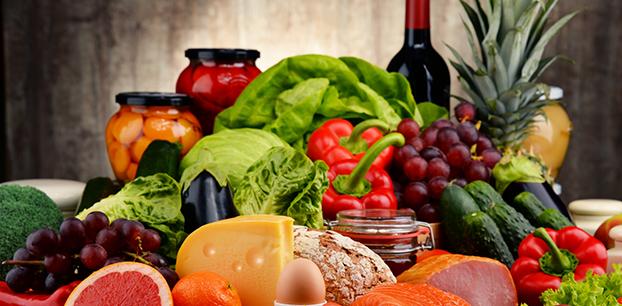Sustainability has become a major topic in the food discussion over the past couple of years, particularly in the face of climate change and questions about food security. Scientists, farmers, and policymakers continue to research how to best feed 9.7 billion people by 2050. Meanwhile, evidence continues to show that eating patterns rich in plant-based foods while limiting meat like the Mediterranean Diet are best for the environment. Even the Oldways Common Ground Consensus statement recommends that environmental sustainability is key to healthy eating patterns.
In case you are unfamiliar about the definition of a sustainable diet, here’s a quick primer: A sustainable diet ensures we can feed the current generation without degrading the environmental resources needed to feed future generations. Sustainable diets make efficient use of resources like water, land, and fertilizers while producing fewer greenhouse gasses like carbon dioxide and nitrous oxide that contribute to climate change.
The Mediterranean Diet is certainly environmentally sustainable, but it is also personally sustainable, which is extremely important for those of us searching for diets to fulfill any recent healthy eating resolutions. Even the healthiest eating pattern is doomed if you can’t stick with it.
Four Reasons the Mediterranean Diet Is the Perfect Sustainable Diet:
1. It Saves Water. It takes 10 gallons of water to produce a calorie of beef, but only one gallon to produce a calorie of whole grains. Fruits (three gallons) and vegetables (two gallons) are also less resource-intensive than beef. Pasta, a beloved staple of the Mediterranean Diet, is an especially smart ecological and nutritious choice.
2. It Conserves Land. Globally, 75% of agricultural land is used to produce animal-based products, which supply merely 17% of our calories. While not all of it is suitable for crops, converting a portion of that area to growing the whole grains, vegetables, fruits, legumes, nuts, and seeds central to the Mediterranean Diet would be a more efficient and less stressful use of the world’s limited land.
3. It Cuts Fertilizer Use: Pulses the edible seeds of legumes, such as chickpeas absorb nitrogen from the air through the soil, decreasing the need for fertilizer. Even cooler, when the plants die, the nitrogen returns to the soil, keeping it fertile for the next planted crop a process called nitrogen xing. So, pulses not only grow sustainably themselves, but they also reduce the amount of resources required for other Mediterranean Diet staples like whole grains, fruits, and vegetables.
4. It’s Sustainable for YOU: Simply put, the Mediterranean Diet is personally sustainable because it’s enjoyable. It incorporates delicious foods along with physical activity and time with friends and family. Following its traditional eating pattern can certainly help you lose weight and be healthier, but it is truly a long-term lifestyle change instead of a short-term fix.
Three Components Make the Mediterranean Diet Easy to Follow:
- Variety. While it does emphasize certain food groups like fruits, vegetables, and whole grains while limiting meats and sweets, the Mediterranean Diet is not about restriction. On the contrary, it celebrates variety across food groups. Rather than prescribing a certain number of servings or listing foods to avoid, the Mediterranean Diet pyramid presents a base from which to prepare meals. The specific foods you select are up to you.
- Accessibility. The foods that comprise the Mediterranean Diet are easily obtainable at your favorite grocery store or farmers market. There is no need to spend on specialty foods or prepackaged meals.
- Flexibility. If you can’t and one particular ingredient for a recipe, you can substitute something else more common or affordable without sacrificing the taste or nutrition of your chosen dish.
The bottom line When you adopt a Mediterranean Diet lifestyle, you’re choosing a way of eating that’s healthy for you and for the planet.
Matt Moore, Oldways Project Coordinator


